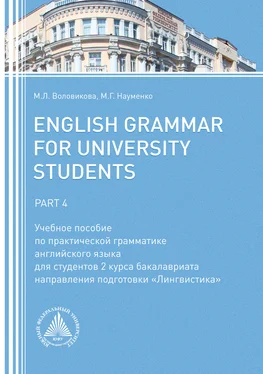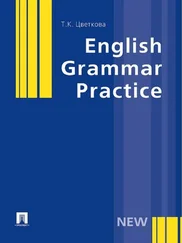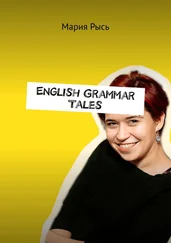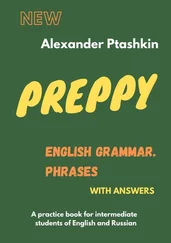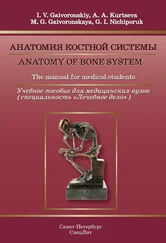John lets the dog sleepon the sofa.
But! Peter was made to wait outside.
5. After phrases with but (cannot but, anything but, nothing but).
I could not but congratulate him.
She can do everything but cook.
6. In why-sentences, both affirmative and negative, where it expresses a suggestion.
Why not take advantage of the situation?
Why go there so late?
Why make so much noise?
7. In cases when two Infinitives are joined by ‘and’ or ‘or’, bare Infinitive can be used.
I want to go out and have fun and relax.
Syntactical functions of the infinitive
The Infinitive may be used in a number of syntactical functions in which it may stand alone, form an Infinitive phrase or a predicative construction.
1. Subject
Non-perfect active forms are more widely used in this function.
To speak foreign languages well is an advantage.
To have got the job in the face of such stiff competition was a great achievement.
The subject expressed by the Infinitive may be introduced by the so-called introductory it , which stands at the beginning of the sentence.
It is sometimes difficult to accept the truth.
It may be advisable to consult a specialist.
The Infinitive is a part of a complex subject as a part of the Subjective Infinitive Construction.
He was seen toenter the room.
1. Part of the predicate
The Infinitive is used in predicates of several types, both nominal and verbal.
a) Predicative (part of a compound nominal predicate)
My dream is to travel around the world.
Sometimes doing the right thing is to do nothing at all.
b) Secondary predicative (part of a predicative)
She is easy to deal with.
He is nice to talk to.
The house is comfortable to live in.
In this function the action expressed by the Infinitive is aimed at the subject.
c) Part of a compound verbal predicate
The Infinitive is used i n a compound verbal modal predicateafter modal verbs, modal expressions, and verbs with modal meaning.
Do you really have to leave so early?
I am willing to go to the theatre with you.
Jane likes to fish.
The Infinitive serves as a part of a compound verbal aspect predicateafter verbs denoting beginning, continuation, repetition or cessation of the action. These verbs are to begin, to come, to start, to continue, to go on, etc.
Schoolchildren begin to study at half past eight.
We used to go swimming every evening when in Nice.
At the next lesson the teacher went on to explain the functions of the Infinitive.
The above mentioned verbs can also be used with a Gerund, although with a certain difference in meaning.
For example, the verb to stop + Gerund means to finish an action, to interrupt, as for to stop + Infinitive , it means to make a pause in order to do something. That is why the Infinitive after the verb to stop is used in the function of an adverbial modifier of purpose.
He stopped smoking for health reasons.
He stopped to rest for a few minutes
Go on + Gerund means to continue with the action. Go on + Infinitive means to do the next action, or change the activity.
He went on speaking for two hours.
After her early teaching career she went on to become a doctor.
3. Object
Most commonly used verbs followed by the Infinitive are the following: afford, agree, aim, appear, arrange, bother, care, claim, consent, decide, demand, determine, fail, guarantee, hesitate, hope, learn, manage, offer, prepare, pretend, proceed, promise, propose, refuse, resolve, seek, strive, swear, threaten, trouble, undertake, volunteer, vow.
The Infinitive may also be used as an object after an adjective. The most commonly occurring of them are: amazed, delighted, lucky, relieved, afraid, disappointed, sad, anxious, determined, shocked, ashamed, eager, pleased, astonished, fortunate, prepared, surprised, careful, glad, proud, sorry, certain, happy, ready, upset, content, hesitant, reluctant, willing, pleased, inter ested, etc.
Note: Sometimes the introductory object it is used.
He found it difficult to spot her in the crowd.
4. Attribute
The Infinitive in this function may modify nouns, substantivized adjectives, pronouns, numerals.
This is much to ask.
England, once «the workshop of the world», was the first to become a highly developed industrial country.
Hope is the last to die.
When we go out, he’s always the one to pay.
5. Adverbial modifier
The Infinitive can be used as an adverbial modifier of purpose, subse quent events, consequence, attendant circumstances, comparison, condition, exception, time, cause, or motivation [Кобрина, Корнеева, 2009].
A dverbial modifier of purpose.Indefinite forms of the Infinitive (both active and passive) are used in this function. The Infinitive may be preceded by the conjunction in order, so as or by limiting particle (just, only):
We all need stress in order to achieve and do our best work.
They never parked the big van in front of the house so as not to upset the neighbours.
Adverbial modifier of subsequent events or attendant circumstances.In this function the Infinitive denotes an action that follows the one denoted by the predicate. The Infinitive may be preceded by the particles only, merely, simply [Н. А. Кобрина, Е. А. Корнеева и др., 2009].
He left his home town, never to come back.
I tore open the box, only to discover that some of the parts were missing. I went to see the doctor, only to find him absent.
Adverbial modifier of result.In this function the Infinitive is used after adjectives and adverbs modified by too ; enough ; so …. as , and nouns modified by such.… as.
I was too afraid to try bungee jumping.
No man is clever enough to know all the evil he does.
Would you be so kind as to send to me those documents?
Trade policy needed to be organized in such a way as to contribute to sustainable economic development.
Adverbial modifier of comparison or manner.In this function the Infinitive is introduced by the conjunctions as if, as though or than .
The cat looked up at me as if to say “I’m hungry.”
He nodded his head slowly as though to agree with everything she said.
Читать дальше
